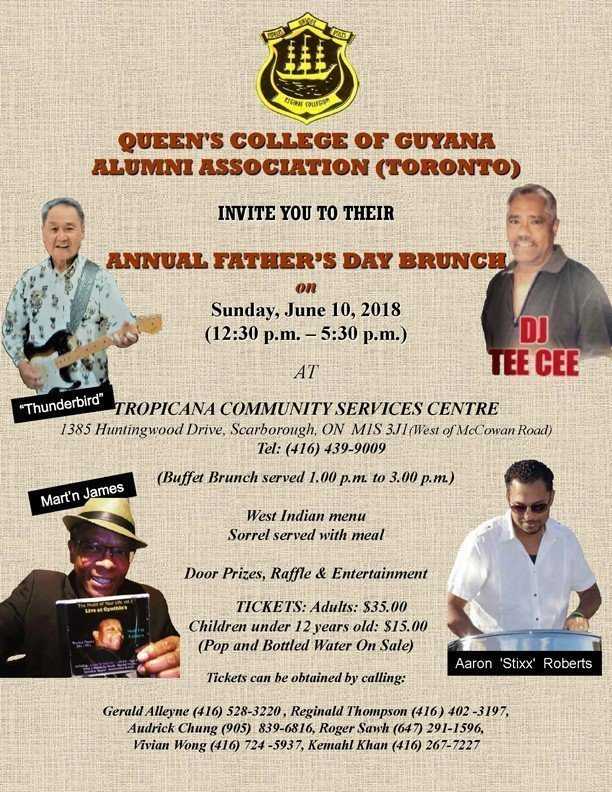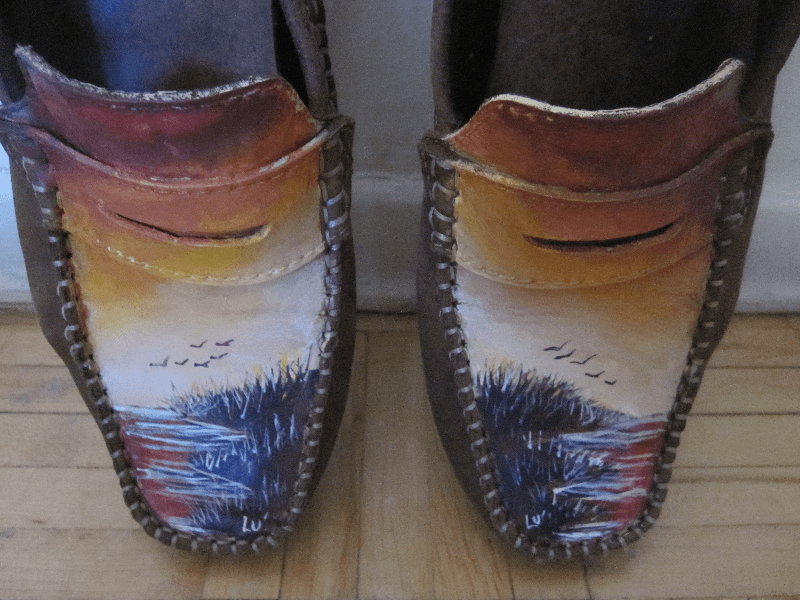BY: LEANNE BENN
It’s not very often that you get a chance to sit down and chat with the Attorney General of Guyana and the Hon. Minister of Legal Affairs. Many Guyanese in Guyana and especially in the Canadian Guyanese diaspora and around the world will recognize the name Basil Williams; as one of Guyana’s most powerful lawyers, legal advisors and representative to the government of Guyana.
Within the last few years, there has been an undeniable amount of change happening in this South American nation. Almost anyone can now relate Guyana to the pending oil boom and economic overhaul that is taking place. Guyana is focused on developing a “green economy” on the cusp of the oil and gas transformation.
But let us rewind three years to May 2015 when the current administration, the APNU took office, Under President David Granger’s leadership, Basil Williams started one of his most challenging journeys yet. “The government took office 23 years after the last government, from the start, we’ve had challenges of correcting issues that arose over the years,” Williams stated.
However, challenges and issues of corruption aside, Williams mentioned the focus the government has on ensuring the proper management of oil and gas, he mentions the risk of “Dutch disease” essentially neglecting other sectors while only focusing on one area. For instance, Guyana’s agricultural stronghold should not be neglected; the agriculture base needs to be strengthened in order to improve the economic life.
This is only one step in many areas that Williams has paid attention to. Specifically, Williams does not shy away from a good challenge. In the past few years, Williams took on the almost seemingly unrealistic challenge of removing Guyana from a FATF (Financial Action Task Force) and CFATF (Caribbean Financial Action Task Force) blacklist, addressing issues such as money laundering, anti-corruption and terrorism funding. Guyana was publically blacklisted by the CFATF in May 2013. Generally according to Williams removing a country from a backlisting can take many years, even just to get new legislation approved for instance in Canada can take up to two years.
By 2015, Williams was on the case handling issues of money laundering and drafting laws in order to meet the standards of the organization. By 2016, in just one year, Williams and a specially appointed anti-corruption task force were able to get Guyana removed from the blacklist. Despite only taking a year, it was a challenge and as Williams stated previous AG’s did not deal with that matter. It is key now to maintain Guyana’s standard and standing. In fact, Williams was eventually elected as deputy chair of CFATF in the 2016-2017 period and is presently Chairman in Office for the 2017-2018 period, in essence showing how committed he is to this matter.
With all that Williams has going on, he remains committed to dealing with the law and has had many teams of lawyers under his guidance and even travels to different regions in Guyana to educate citizens and workers on issues of corruption and recently has undertaken a team dealing with cybercrime legislation.
In terms of relations with the diaspora, Williams would hope that experienced Guyanese familiar in the oil and gas sector would one day return and assist the developing industry. “We did promise the Guyanese people a good life and we are underway, by implementing certain systems and focusing on other sectors in the economy. A lot of our people (Guyanese) are in North America and in the Caribbean region itself, but we are on a very good trajectory.” Williams also highlighted the focus on educating Guyanese about environmental law and green energy law which is very minimal at the moment but it is a major focus by the government and has even attracted the attention of the World Bank who has invited President Granger to present Guyana’s Green State Strategy at the World Bank headquarters in Washington DC, later in 2018. The Green State Development Strategy is focused on the economic and socio-cultural development of the county in the long term.
With all these changes and developments happening in Guyana, Williams and many other ministers in the Guyana government make it a duty to interact with the diaspora. As this was Williams’ first trip to Canada since taking office in 2015, he had a list of scheduled events including speaking with the Canadian- Guyanese diaspora through the help of the Guyana Consul General, An Yin Choo, and others. Williams also mentioned the key support from the diaspora and many international NGO’s in Guyana. There have been several assessments and training by international groups to help lawyers, non-lawyers, judges, and magistrates. For instance, focusing on other areas of law such as mediation can help with the backlog of cases but presently there are not enough trained mediators after all these years.
Despite the daily changes, struggles and success Guyana faces in the next few years, Minister Williams and many citizens in Guyana hope to develop a clean economy for oil and gas, ensuring Guyana becomes an attractive place for tourists and many in the diaspora to return.


 Community News2 weeks ago
Community News2 weeks ago
 Community News2 weeks ago
Community News2 weeks ago
 Community News2 weeks ago
Community News2 weeks ago
 Community News1 week ago
Community News1 week ago
 Community News1 week ago
Community News1 week ago
 Community News1 week ago
Community News1 week ago
 Community News2 weeks ago
Community News2 weeks ago
 Community News1 week ago
Community News1 week ago






























